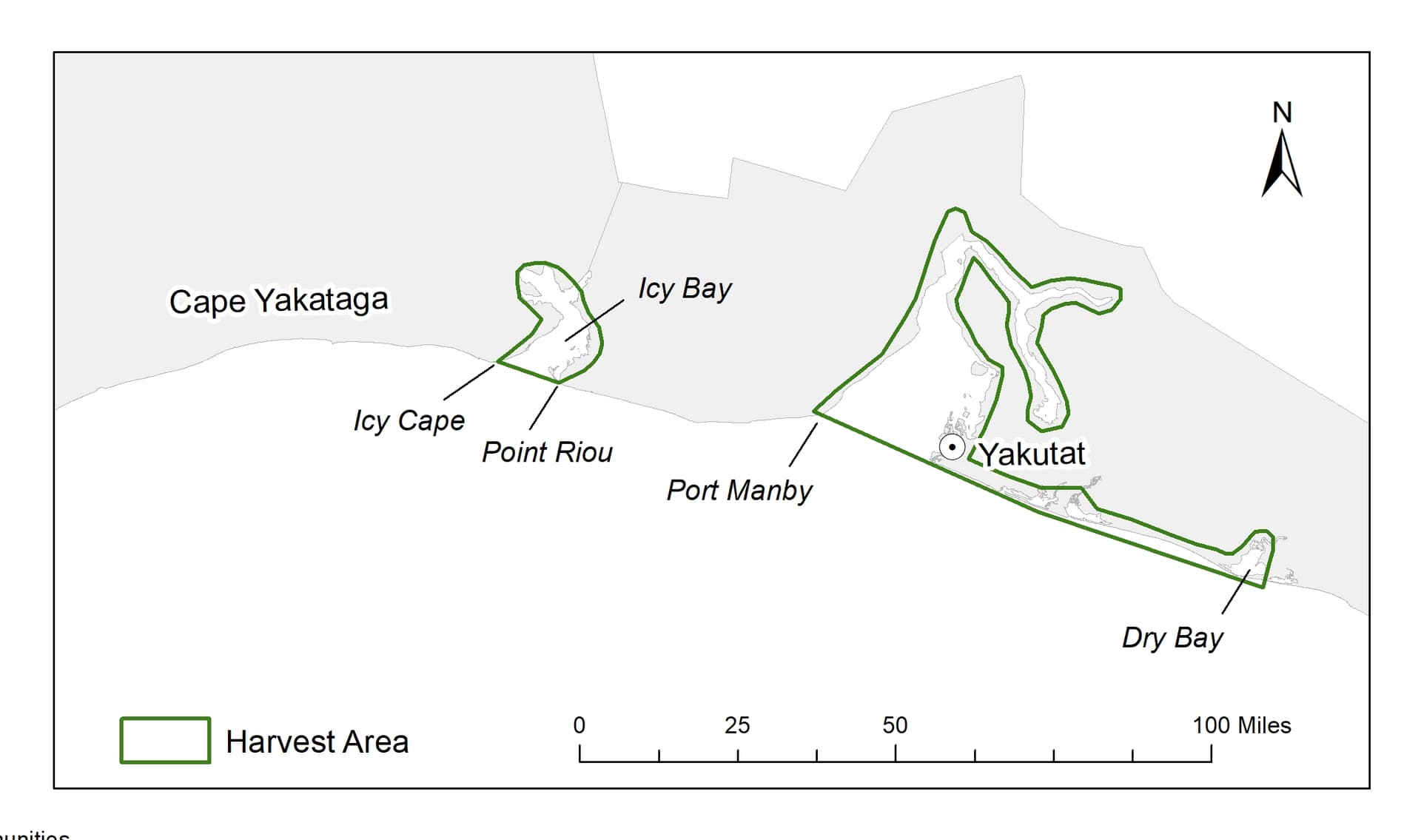Interior Finalizes Rollback of NPR A Leasing Protections
Federal officials finalized a rollback this week of a 2024 rule that had restricted leasing and development across large portions of the National Petroleum Reserve Alaska, a move that opens millions of acres to future oil and gas activity. The decision matters to North Slope Borough residents because it reshapes prospects for jobs, regional tax revenue, and the oversight responsibilities of borough government in the face of new industrial activity.
Listen to Article
Click play to generate audio

The U.S. Interior Department announced a final rule rescinding the 2024 restrictions on leasing and development within the National Petroleum Reserve Alaska, according to Reuters reporting November 13 and 14, 2025. The earlier rule prohibited leasing on roughly 10.6 million acres and limited development on another approximately 2 million acres. Interior Secretary Doug Burgum framed the change as following President Trump’s direction to "unlock Alaska's energy potential" and to bring jobs to North Slope communities.
For North Slope Borough residents the immediate factual change is the restoration of federal authority to consider leasing and expanded industrial activity across much of the NPR A. Proponents of the rollback, including the organization Voice of the Arctic Iñupiat, have publicly supported the move on the grounds that increased development will raise tax revenue that funds regional services. The federal action is part of a broader administration effort to ease restrictions on domestic oil and gas development, a policy trajectory that includes prior approvals such as the Willow project.
The practical implications for borough government are concrete and multifaceted. Increased leasing activity can lead to new employment opportunities in exploration and production, and to expanded property and production related revenues. Those revenues are a significant component of local budgets for infrastructure, public safety, and social services in sparsely populated Arctic communities. At the same time, greater industrial presence places new demands on municipal planning, permitting coordination, and environmental monitoring that fall to borough leadership and state agencies.
The decision also raises questions about institutional oversight and civic accountability. Federal land management decisions set the terms for private company activity, but local officials will need timely information and negotiation leverage to shape impacts within borough boundaries. Residents should expect requests for consultation, environmental assessments, and potentially contested lease sales that will require active engagement from tribal governments, the borough assembly, and state representatives. Transparent revenue forecasting and clear plans for how additional receipts will be allocated will be essential for maintaining public trust.
Politically the rollback underscores how energy policy decisions from Washington can shift the balance between economic development priorities and conservation concerns in Arctic communities. Voters and civic groups on the North Slope may weigh those tradeoffs in future elections and public forums, making sustained civic participation a critical component of local governance as new projects move from federal approval toward on the ground activity.
The reporting on this decision was by Nichola Groom for Reuters. Local officials and community organizations will now face the task of translating the federal policy change into practical plans and safeguards that address both economic opportunity and the environmental and social realities of life on the North Slope.


